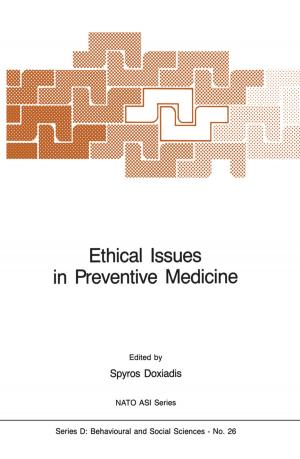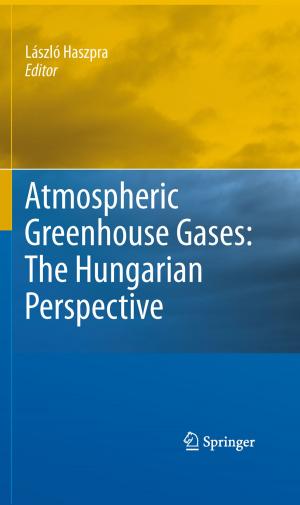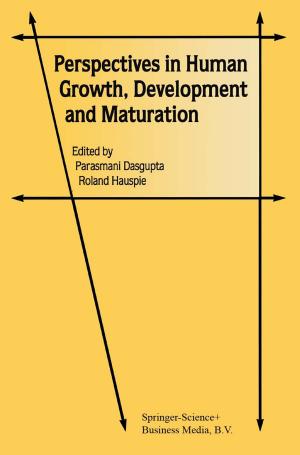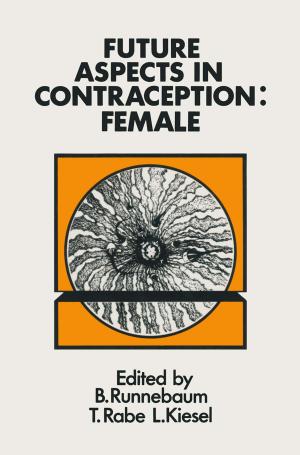Factor X
Policy, Strategies and Instruments for a Sustainable Resource Use
Nonfiction, Science & Nature, Science, Biological Sciences, Environmental Science, Social & Cultural Studies, Political Science, Politics, Economic Policy, Nature| Author: | ISBN: | 9789400757066 | |
| Publisher: | Springer Netherlands | Publication: | November 26, 2013 |
| Imprint: | Springer | Language: | English |
| Author: | |
| ISBN: | 9789400757066 |
| Publisher: | Springer Netherlands |
| Publication: | November 26, 2013 |
| Imprint: | Springer |
| Language: | English |
The editors of Factor X explore and analyze this trajectory, predicting scarcities of non-renewable materials such as metals, limited availability of ecological capacities and shortages arising from geographic concentrations of materials. They argue that what is needed is a radical change in the ways we use nature’s resources to produce goods and services and generate well-being. The goal of saving our ecosystem demands a prompt and decisive reduction of man-induced material flows. Before 2050, they assert, we must achieve a significant decrease in consumption of resources, in the line with the idea of a factor 10 reduction target. EU-wide and country specific targets must be set, and enforced using strict, accurate measurement of consumption of materials. Their arguments are drawn from empirical evidence and observations, as well as theoretical considerations based on economic modeling and on natural science.
The editors of Factor X explore and analyze this trajectory, predicting scarcities of non-renewable materials such as metals, limited availability of ecological capacities and shortages arising from geographic concentrations of materials. They argue that what is needed is a radical change in the ways we use nature’s resources to produce goods and services and generate well-being. The goal of saving our ecosystem demands a prompt and decisive reduction of man-induced material flows. Before 2050, they assert, we must achieve a significant decrease in consumption of resources, in the line with the idea of a factor 10 reduction target. EU-wide and country specific targets must be set, and enforced using strict, accurate measurement of consumption of materials. Their arguments are drawn from empirical evidence and observations, as well as theoretical considerations based on economic modeling and on natural science.















